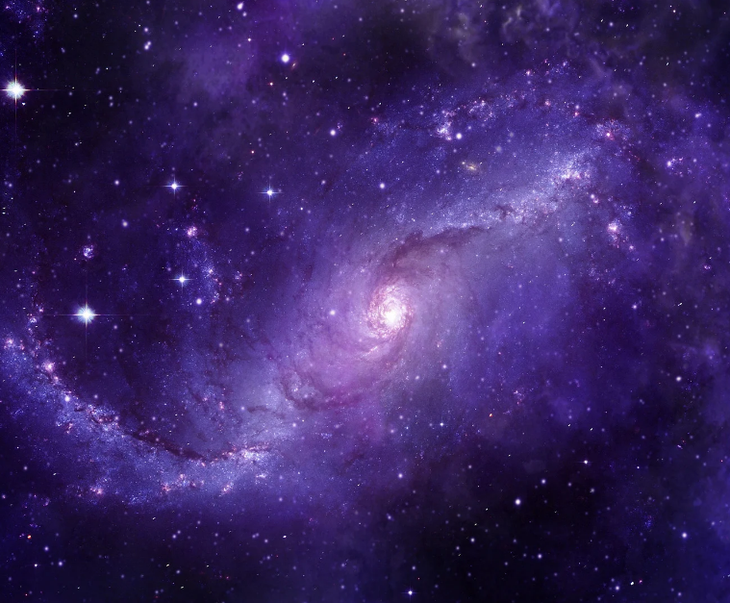
This discovery comes from Dutch scientists , revealing new insights into the "evaporation" process of celestial bodies such as black holes and neutron stars - Photo: AI
In a recently published study, a group of scientists at Radboud University (Netherlands) said that the moment when the universe enters "eternal darkness" may come much sooner than previously thought by scientists.
Specifically, the team estimates that the universe will be completely dark in 10⁷⁸ years. Previously, theoretical models had suggested a figure of more than 10¹¹⁰⁰ times that, an unimaginably long time.
This research is based on the Hawking radiation phenomenon, a famous theory proposed by physicist Stephen Hawking in 1975. Accordingly, even black holes, which are considered "death traps" in the universe, can evaporate and disappear over time.
The mechanism relies on a strange quantum phenomenon: pairs of antiparticles that emerge from the background energy of the vacuum can “pop” at the boundary of a black hole. One falls in, the other escapes, creating radiation. This process causes the black hole to gradually lose mass and rotational energy.
What's remarkable is that the new study extends this scope beyond black holes to any object with a gravitational field, including the superdense cores left over from supernova explosions like neutron stars.
"We found that the time it takes for an object to evaporate depends only on its density. Surprisingly, neutron stars and intermediate-mass black holes take almost the same amount of time: about 10⁶⁷ years to evaporate," said team member Professor Walter van Suijlekom.
Despite having a much stronger gravitational field, black holes do not "evaporate" as quickly as expected. Physicist Michael Wondrak explains: "Unlike neutron stars, which have a clear surface, black holes have no surface. They have the ability to reabsorb the radiation they emit, and this slows down the disappearance process."
Radboud University research opens up a new perspective on the distant future of the universe, a time when all stars go out, all black holes and celestial bodies disintegrate, leaving a completely empty and dark space.
Although humans still have billions and billions of years to survive and develop, this understanding helps us imagine what the "end of everything" will be like, and also contributes to clarifying one of the greatest mysteries of modern physics: is Hawking radiation real?
Source: https://tuoitre.vn/ngay-ket-thuc-cua-vu-tru-co-the-den-som-hon-du-doan-20250513171245611.htm

































































































Comment (0)